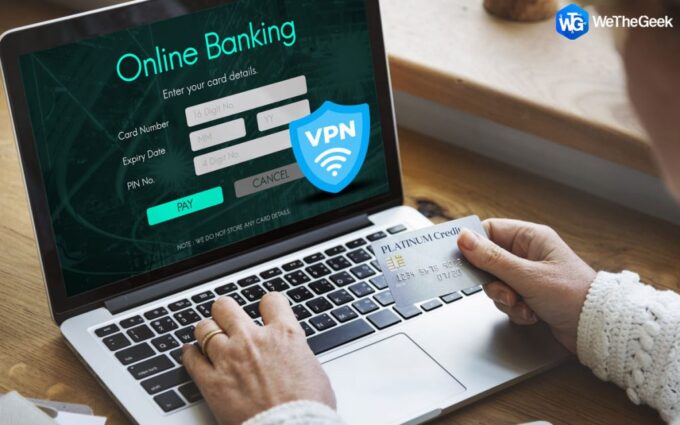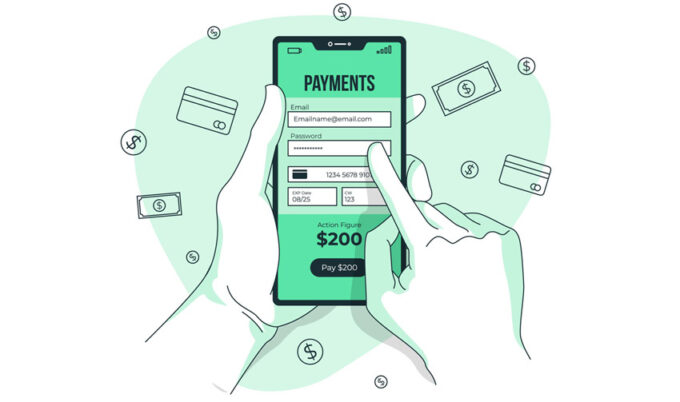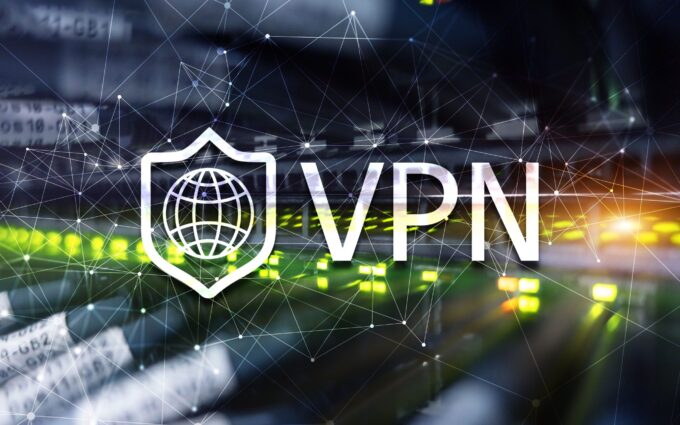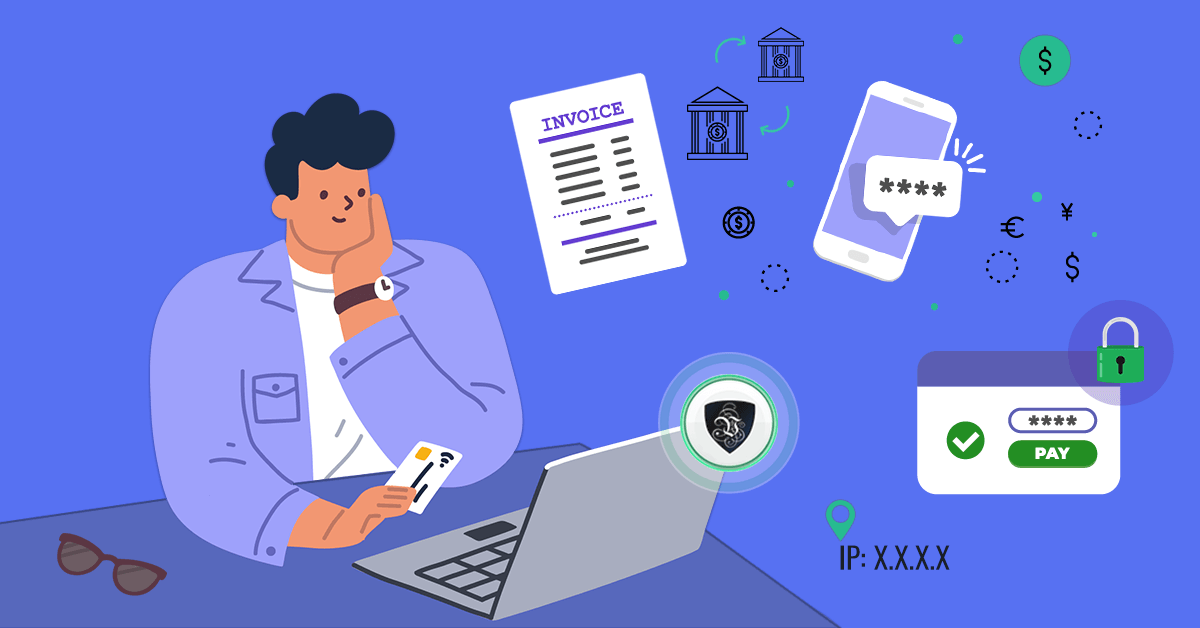Life without online banking systems can no longer be imagined. Long gone are the times when we had to go to the bank every time there was a transaction that needed to be done. With the internet, life, work, and everyday duties have become so much simpler. Managing finances whether for private or business purposes has also become faster.
However, there are some safety issues in this story. With finances being handled online, there’s always a threat someone can hack your account and steal the assets. Because of these issues, a number of solutions have been created, one of them being the VPN.
Here are a couple of words about it…
It is a necessary security tool to protect your online privacy. Without it, other people can easily intercept and read your network activity. This includes your browsing history, downloads, online banking information, and passwords.
What’s worse is that it can all connect to your device via an Internet Protocol (IP) address. Your address reveals your physical location and can be used to find you in person in real life. It’s like sending postcards in the mail – anyone can read the message and see your name and address.
Hence the reason why people have started wondering if this is a good, safe solution for online banking…

Let’s consider all advantages of using this tool:
1. Better privacy and anonymity online
Do you send your bank details to friends over the Internet? Then you must use WiFi networks often? If this is a common case, you may have left hackers wide open in your data, especially if you use a public hotspot.
2. It hides important information
Using this tool hides your real IP address and encrypts your internet connection. But what does it look like in practice? Here are some examples:
- Your browsing history is private
- You can change your network location
- Your network activity becomes anonymous
So, is it safe for online banking?
Having in mind what we’ve mentioned in the text above, it can be concluded that it’s perfectly safe. Moreover, it is recommendable for various reasons. One of these reasons is the fact that some banks charge different rates depending on which country you are in. So, it becomes very handy when you are on the road and need to perform an urgent transaction. In situations like these, you are forced to use public networks that expose you to different online attacks, as well. Tools like WeVpn help protect your data and your bank accounts, as well.

There is one flaw, though, and it is connected to the internet speed. These tools can influence its speed because data have to travel back and forth to secure your network. Hence, consuming time and speed.
However, not every tool reduces speed by the same amount. Some reduce more, some less, which is why it is important to check which one you will find most suitable for your needs and buy accordingly. This raises yet another question…
How to choose the correct service?
Until recently, the use of these tools required a relatively high level of technical knowledge – you had to study well the manual for the software that allowed it, but today, providers have reduced it to an application where everything you need is included – and all it takes is literally with a few mouse clicks. In addition, there are as many of these service providers as there are forest mushrooms after the rain, so some time should be invested until an offer with the best value for money is found.
In most countries, services for business users is offered by all major telecommunications operators. If their offers are not enough for you, try to find a suitable offer by doing some online search on your own. When it comes to VPNs, it is not worth taking anything that is offered for free. These offers are limited by the low bandwidth (amount of data) they offer and are known for the slow connection to the Internet. Plus, they’ll flood you with commercials. However, there are affordable offers, no more than a couple of pounds per month, which can be paid monthly, quarterly, and annually. There are a few things to consider before investing money in them though.
Therefore, the main question you need to ask yourself is – do they record your traffic? And, if they do, how long do they keep that data? The answer is that everyone does it, but – some keep the data for only a few days, and others for several months. Second, inquire about what is allowed on the VPN you are using. For example, some of them allow traffic via torrent communication, others do not like it.
Finally, as we pointed out before if you are not an IT specialist or an above-average person familiar with these technologies, we recommend that you choose the service that comes with your own application. When you activate the app on your device, it will usually be enough to just select the country you want to set as your virtual destination, click the connect icon – and you can chat and chat with anyone on the other end of the Internet, much safer than you can on other, not so much the protected expanses of the global network over networks.
Final word

These services really do come in handy in times we live in, where everyone is interested in your online activity. The only people who will know what you are actually doing online, other than you, of course, are the company that provides you with access to the service and the website you just visited. This means that while you are at an airport, city library, or a coffee shop with Wi-Fi Internet access, hackers cannot reach you and steal your password or redirect your computer to a fake page of the service you use for your Internet banking.









